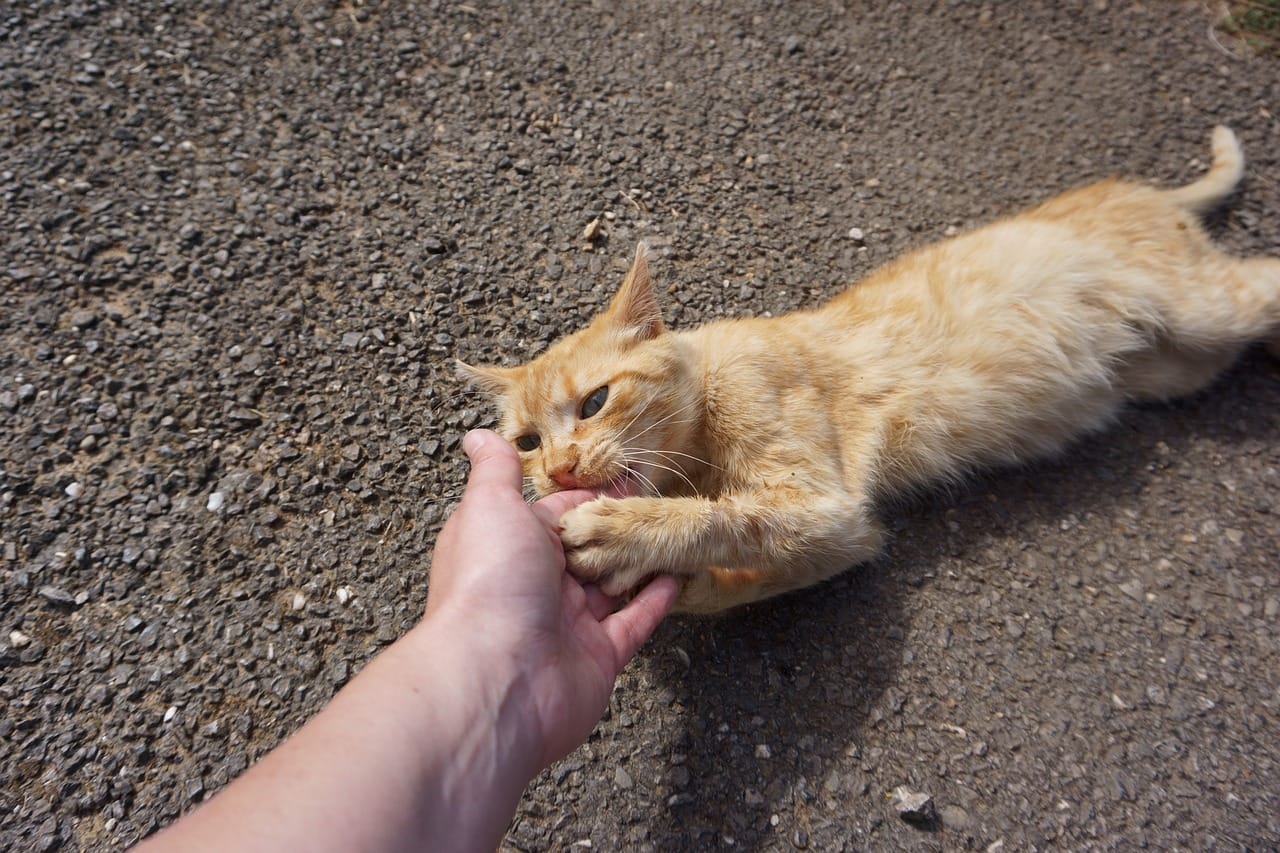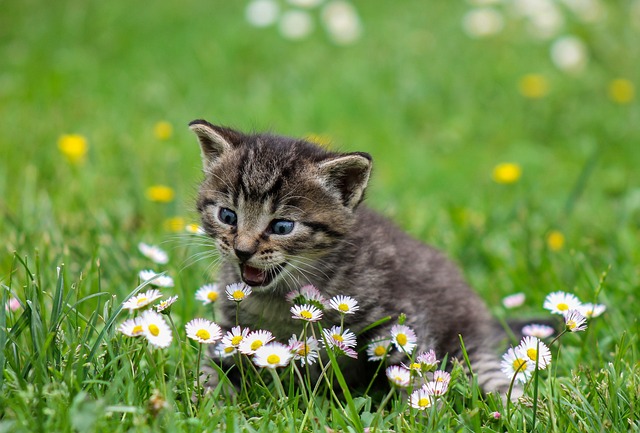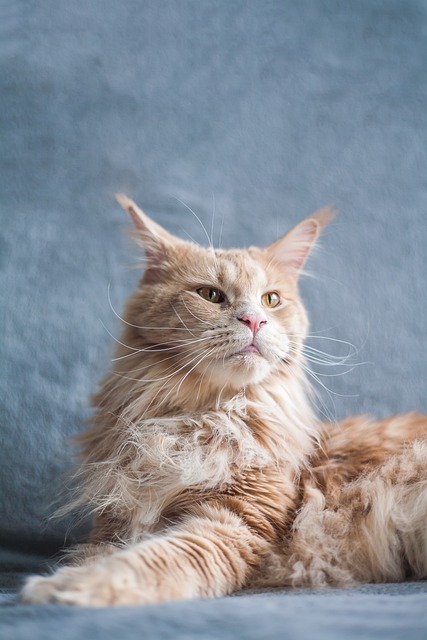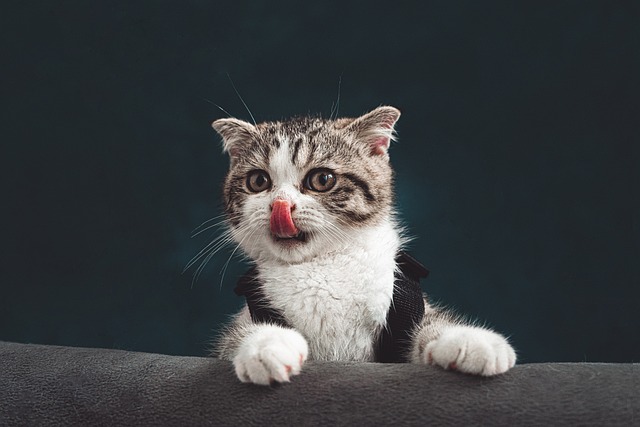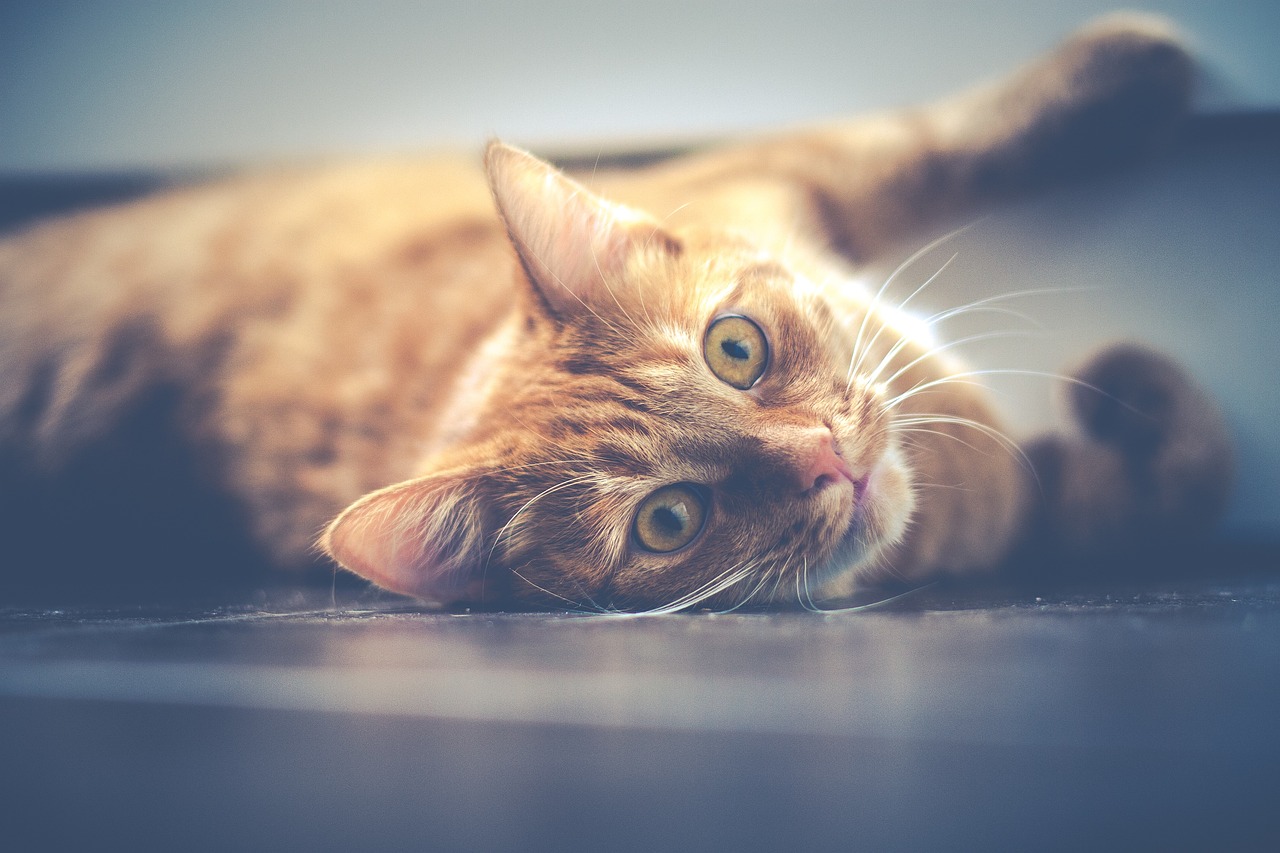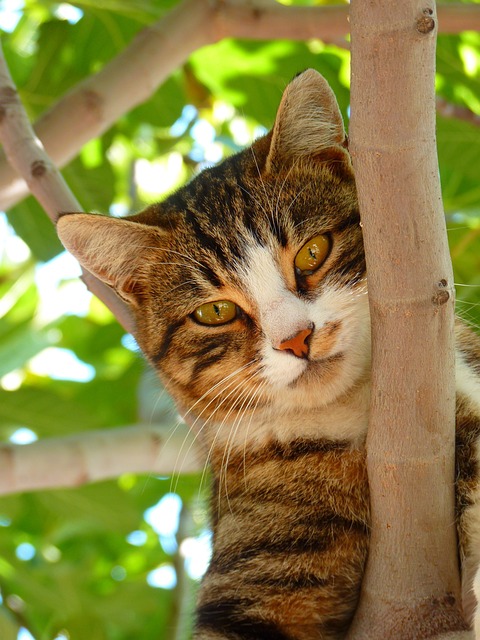Cats are fascinating creatures known for their independent nature and unique behaviors. One behavior that many cat owners may encounter is biting. In this article, we’ll delve into the reasons behind why cats bite their owners and explore ways to address and understand this behavior.
Instinctual Behavior : Why Cats Bite
Cats are natural hunters, and their predatory instincts often manifest in play behavior, including biting. When cats play, they may use their teeth to simulate hunting and practice their hunting skills. Additionally, cats may use biting as a form of communication, such as love bites to show affection or warning bites to express discomfort or displeasure.
Socialization and Past Experiences
Early socialization plays a crucial role in shaping a cat’s behavior. Kittens that receive positive interactions and experiences with humans and other animals are less likely to exhibit aggressive biting behavior later in life. Conversely, cats that have experienced trauma or negative encounters may be more prone to fear-based aggression and biting.
Medical Issues and Pain
Dental problems and underlying medical conditions can also contribute to biting behavior in cats. Cats experiencing dental pain or discomfort may resort to biting as a way to cope with their discomfort. It’s essential for cat owners to prioritize regular veterinary check-ups to address any potential medical issues contributing to biting behavior.
Stress and Anxiety is Why Cats Bite
Stress and anxiety can significantly impact a cat’s behavior, including biting. Environmental stressors, such as changes in routine or household dynamics, can trigger anxiety in cats and lead to biting as a coping mechanism. Creating a calm and enriching environment for cats and providing opportunities for mental stimulation can help alleviate stress and reduce biting behavior.
Training and Behavior Modification
Positive reinforcement techniques are highly effective in addressing biting behavior in cats. By rewarding desired behaviors and redirecting biting towards appropriate toys or activities, cat owners can encourage positive behavior in their feline companions. Consistency and patience are key when implementing behavior modification techniques, and seeking professional help may be beneficial for more complex cases.
Understanding why cats bite their owners involves considering various factors, including instinctual behavior, socialization, medical issues, stress, and training. By approaching biting behavior with patience, empathy, and a willingness to address underlying causes, cat owners can foster healthier relationships with their feline friends and create a harmonious living environment.

